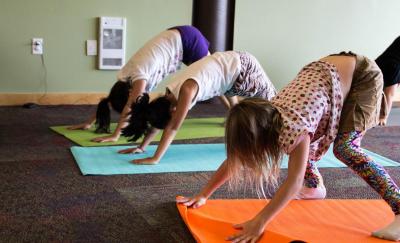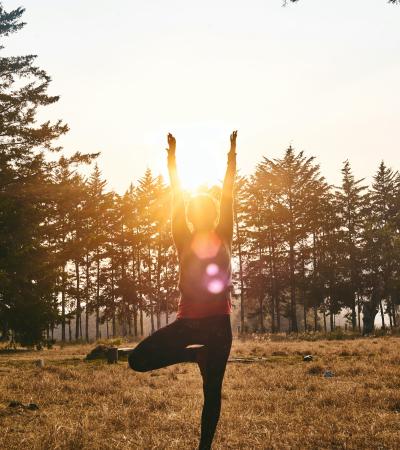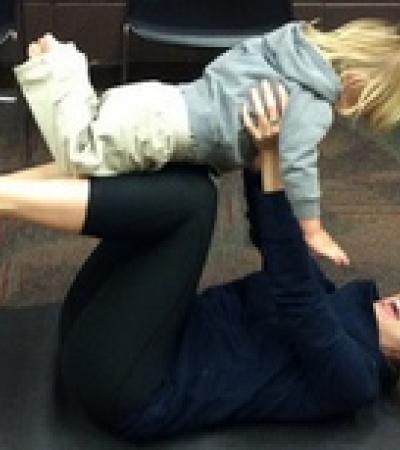Every day, thousands of children and teens all over the country and the world are bullied by their peers. These victims — who have been judged to have some weakness, perceived as somehow abnormal or lacking, or who are just a tiny bit different — are vulnerable to not
Image

only day-to-day torment but life-changing and decades-long repercussions. Some of the known repercussions include a weakened immune system, digestive disorders, low self-esteem and problems with depression or anxiety.
How can the library help?
Recent studies have shown that involving children in exercise programs significantly increases a child's resilience to bullying. Children who exercise regularly are healthier, stronger and less likely to appear physically weak to their peers. Exercise also increases self-confidence, which makes a child less vulnerable to being picked on in the first place and more likely to stand up for herself and report the bullying, if it does happen. Regular exercise lowers suicide attempts and ideation in teens by 23 percent. Exercise also releases the pent-up anger and shame that often leads children to be bullies in the first place.
Another amazing thing about group exercise is that it promotes strong friendships and bonding through shared experience. The No. 1 insulator against victimization is having a close friend whom you can confide in and who normalizes you among your peer group. Social isolation is the worst for both bullies and the bullied. Library programs that occur on a daily, weekly or monthly basis encourage children and teens to create these pair bonds outside of their regular school-day environment and create a safe space for everyone. Having a place where students can operate outside of their existing entrenched social roles can be very liberating. You may be surprised to see a normally shy and withdrawn child suddenly open up and become a group leader when given the tools and opportunity.
Image

When you are under stress, your fight-or-flight system kicks in and digestion slows or stops, your immune system is surpressed, and your body is flooded with cortisol and adrenaline. This is great if you are being chased by a bear or escaping from a burning building, but your poor parasympathetic nervous system can only take so much stress before you see long-term impacts. If a child is experiencing daily stressors, either at school or home, the effects can be devastating.
The good news is that exercise can "reset" the nervous system, quickly bringing our body back into the relaxation and recovery phase. Anyone who has experienced the deep calm, satisfaction and elation felt after a yoga class, good run or game of pick-up knows this first-hand. By giving students the opportunity to "find their calm," we can mitigate the effects of bullying, even if we can't always prevent it. (For a really interesting short talk on this topic, please listen to this interview on CBC.)
I hope this blog post has encouraged you to offer more programs focusing on physical literacy in your library. For program suggestions or questions please feel free to contact me at librarianjenncarson@gmail.com or visit the website www.yogainthelibrary.com for yoga and meditation programming ideas.
I hope this blog post has encouraged you to offer more programs focusing on physical literacy in your library. For program suggestions or questions please feel free to contact me at librarianjenncarson@gmail.com or visit the website www.yogainthelibrary.com for yoga and meditation programming ideas.



